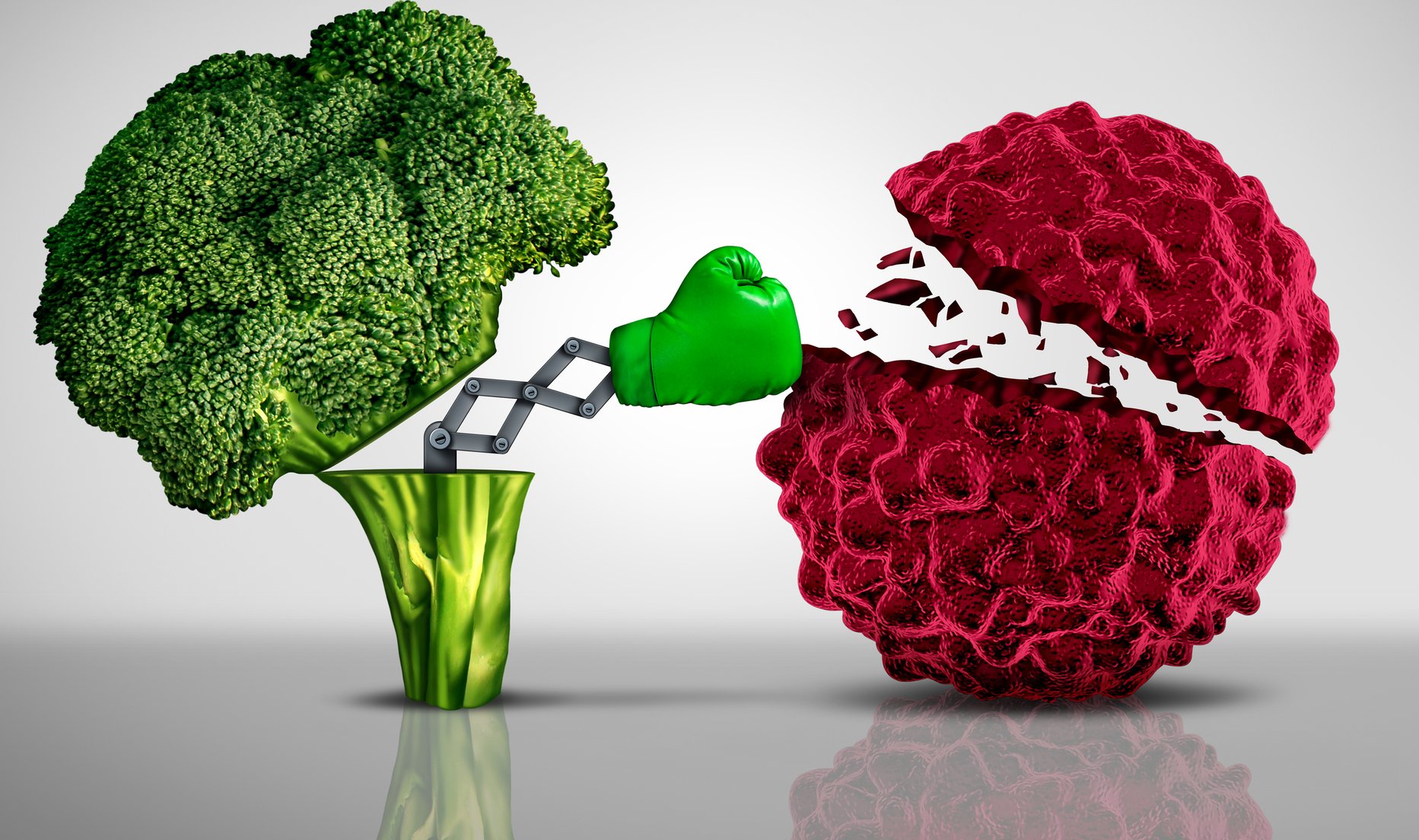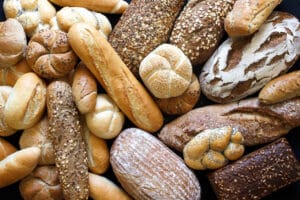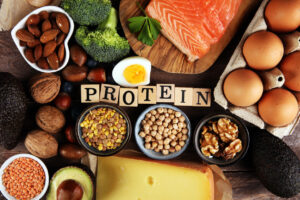If you’re like most people who grew up with rotary phones, you probably heard your mother or grandmother tell you time and again, “Eat your vegetables. After all, you are what you eat.” But rather than turning into a turnip or finding lima beans growing out of your ears like you thought you would when you were a child, they may have been cancer preventing foods!
There is a growing body of evidence that what you eat has a direct impact on your risk for developing several types of cancer. With the popularity of no-grain, low-carb, keto, and paleo diets, today’s nutrition trends are often in direct conflict with what scientists are discovering about cancer risk.
The Break Down of Cancer
Our bodies are equipped with early detection systems that warn us when there is a problem. When we perceive danger, the fight or flight response prepares us to battle a saber toothed tiger or run away from a wooly mammoth. When we spend time in a dark room, our pupils dilate, allowing any amount of light into the retina to perceive shapes. And when our bodies’ cells grow old and die, they are replaced with new, healthy cells.
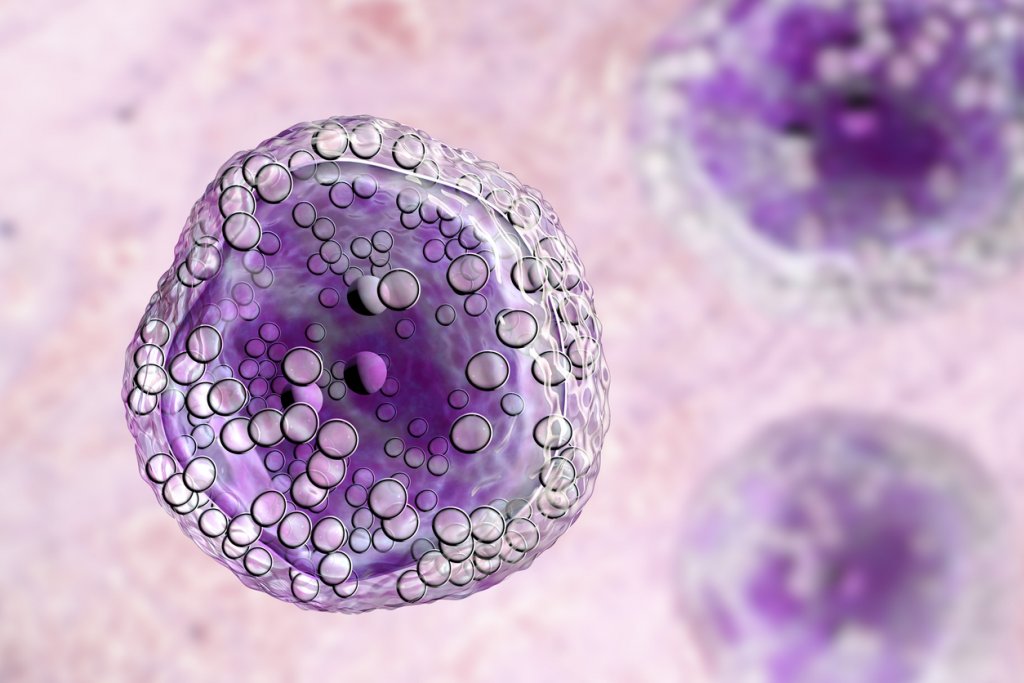
In every type of cancer, cells in the body abnormally divide and spread to tissues around them. The orderly process of old cells dying only to be replaced by new, healthy cells breaks down. New cells are abnormal, replicating their mistakes trillions of times over. New cells appear where none are required. Old, damaged cells don’t die. The possibilities are endless for ways cell division and replication can go wrong.
Cancer Prevention vs Early Detection
Since 1989, the number of women who have died of breast cancer has steadily decreased thanks to improved early detection. Rates of death due to cervical and colon cancer have also dramatically decreased due to routine early detection.
Many colorectal cancers in high-risk populations can be prevented entirely through routine screening. However, early detection is not the same as prevention. The question becomes how can we prevent cancer altogether rather than just detect and treat it early enough to increase survivability? The simple answer? Reduce as many risk factors for developing cancer as possible.
Cancer Risk Factors
While there are numerous causes of hundreds of types of cancer, researchers have found that the following list dramatically increases the risk you will develop the disease in your lifetime.
- Age – Each year, one quarter of new cancer cases are diagnosed in people over the age of 65. This one you can’t reduce.
- Chronic Inflammation – Inflammation is a normal response to injury. However, when inflammation happens without injury, such as when a person is obese, cancer risk increases.
- Diet – More about this later.
- Obesity – Obesity increases your risk for developing breast, colon, rectum, esophageal, and pancreatic cancer.
Alcohol consumption and hormone levels in the body are also known risk factors. Exposure to sunlight, radiation, infectious agents, and tobacco all increase cancer risk as well. However, it’s the link between what you eat and your cancer risk that is most intriguing.
The Nutrition Link
A study published in the JNCI Cancer Spectrum Journal found that more than 80,000 cases of cancer can be linked to what they called a suboptimal diet. What’s most surprising is that 84 percent of these cases were due to diets that were too low in either whole grains or dairy products, or too high in meat and sugar-sweetened beverages.
The very idea that too few whole grains could lead to a greater cancer risk flies in the face of three of the most common diet trends.
- The Paleo diet focuses on food that our ancient ancestors ate in its most natural form possible, eschewing grain of any kind.
- The Whole 30 diet focuses on vegetable and protein consumption, eliminating grains.
- The keto diet focuses on remaining in a constant state of ketosis by eliminating all sugar, most fruits, and all grains.
A complimentary study found that a diet too high in sugar consumption was also linked to a greater incidence of cancer, justifying the idea of eliminating so-called “hard sugars” (those found in processed food, sugar-sweetened beverages and sugary treats). At the same time, a study of more than 60,000 women found that diets low in fiber (the kind found in whole grains) were linked to increased chance of colorectal cancer.
So, What Should You Eat?
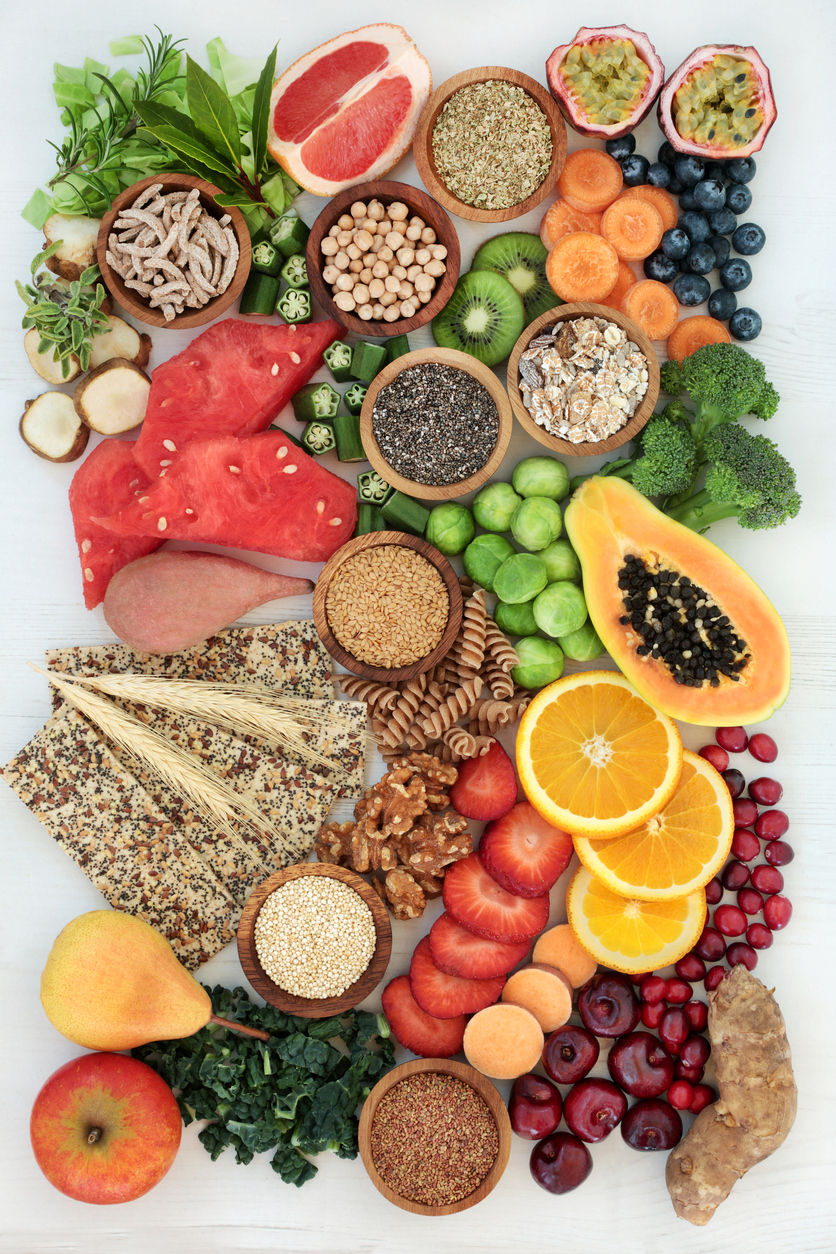
The American Institute for Cancer Research and the World Cancer Research Fund analyzed 99 studies that connected nutrition and the likelihood of developing cancer. What they found was eating more than 500 grams of red meat (beef or pork) per week and consuming more than 30 grams of alcohol dramatically increased cancer risk. However, eating 90 grams of cancer-fighting whole grains every day can actually reduce the risk of cancer (particularly colorectal cancer) by as much as 17 percent. Eating fish and foods rich in antioxidants, particularly vitamin C like oranges, spinach and strawberries have also been linked to a lower risk.
Whole grains are actually cancer preventing foods. Great news for people who enjoy a bowl of oatmeal with berries or a side of quinoa tabbouleh! Your body needs whole grains in order to achieve optimal health and ward off disease. Take pleasure in the whole grain pasta with fresh tomato sauce and enjoy the peace of mind that comes from having science on your side.

